Keywords: Aboriginal And Torres Strait Islander
There are more than 24 results, only the first 24 are displayed here.
Become a subscriber for more search results.
-
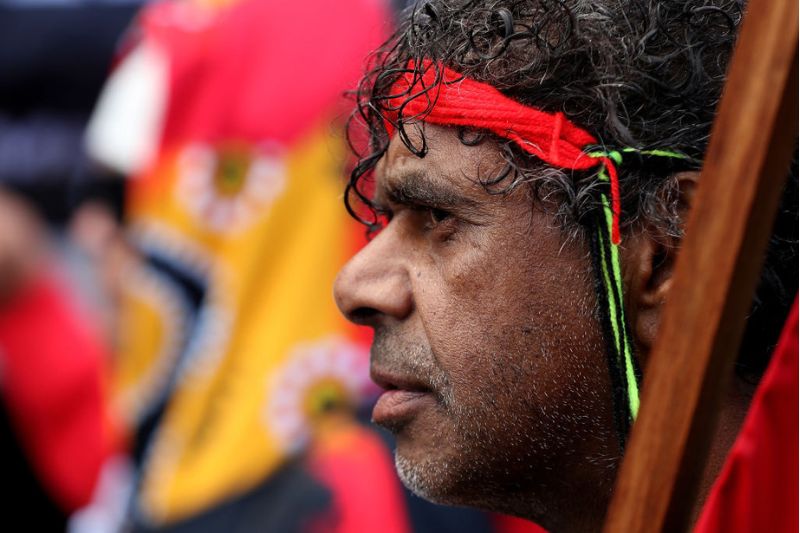
AUSTRALIA
- Celeste Liddle
- 04 January 2024
Later this year, Australians will vote on a referendum to enshrine an Indigenous Voice to Parliament, but many Indigenous Australians remain undecided, reflecting the complexities of the issue. The debate over the Voice to Parliament extends beyond the referendum question to encompass broader concerns about the constitution, treaties, and achieving true equality.
READ MORE
-

EDUCATION
- Erica Cervini
- 13 December 2023
3 Comments
As Australian students receive their year-end academic results, a stark educational divide comes into focus, with high-fee-paying private and selective government schools leading the ranks. This trend highlights significant socio-economic disparities across the country, raising urgent questions about the accessibility and true cost of academic excellence in a nation grappling with inequality.
READ MORE
-
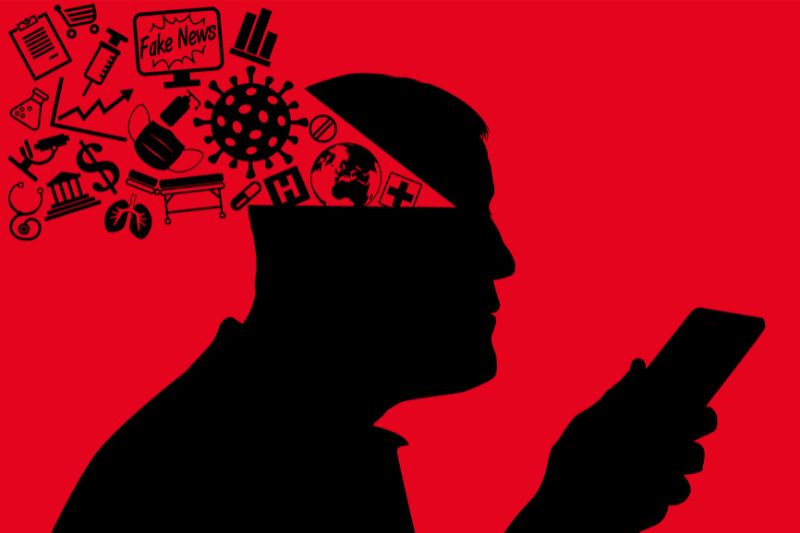
AUSTRALIA
- Frank Brennan
- 09 November 2023
4 Comments
As the government drafts legislation to stem the rising tide of misinformation circulating online, the nation debates: will these measures sufficiently regulate online content and curb potential harms or threaten freedom of expression? This moment is a critical test for the integrity of Australia's public discourse.
READ MORE
-
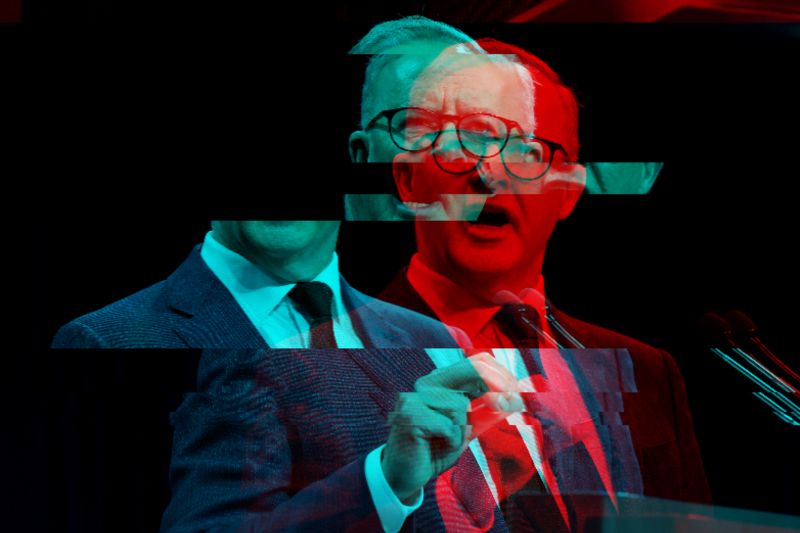
AUSTRALIA
- Julian Butler
- 02 November 2023
1 Comment
The proposed Misinformation Bill straddles the delicate balance between freedom of speech and the rising threat of misinformation, posing a challenge that could redefine the landscape of media and public conversation. The problem goes beyond discerning the truth, but determining how a democratic society identifies it amid a sea of conflicting voices.
READ MORE
-
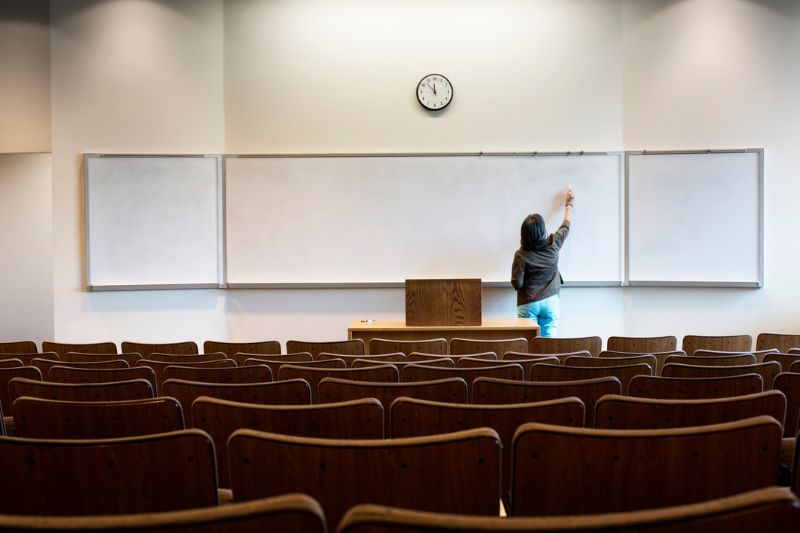
EDUCATION
- Helena Kadmos
- 26 October 2023
2 Comments
In the wake of the referendum, how can a curriculum be used to foster a sense of reflection, understanding, and dialogue among young minds? As classrooms become the backdrop for conversations around Indigenous voices, democracy, and social change, what does it mean to truly listen?
READ MORE
-
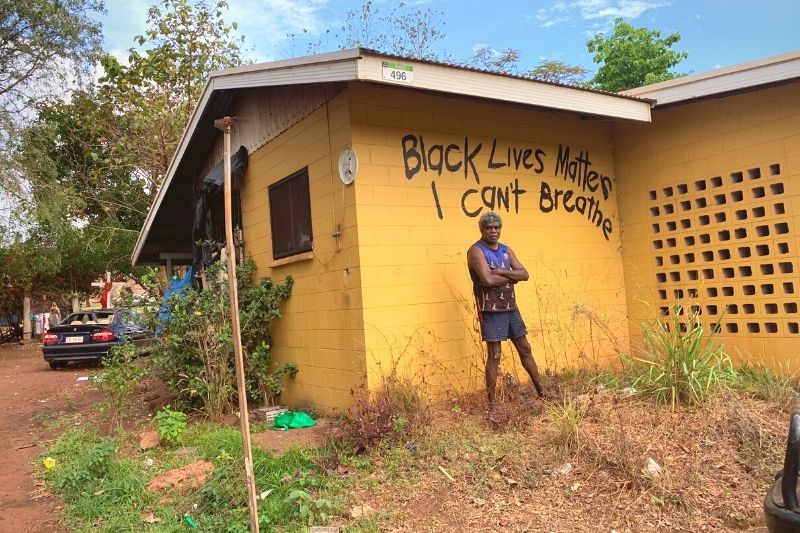
AUSTRALIA
- Brian McCoy
- 04 October 2023
6 Comments
The looming referendum challenges us to confront our shared history and consider a united path forward. Amidst the deep-rooted pain and the quest for truth, reconciliation and healing, can this vote be the turning point that signals a brighter, more inclusive future for all?
READ MORE
-
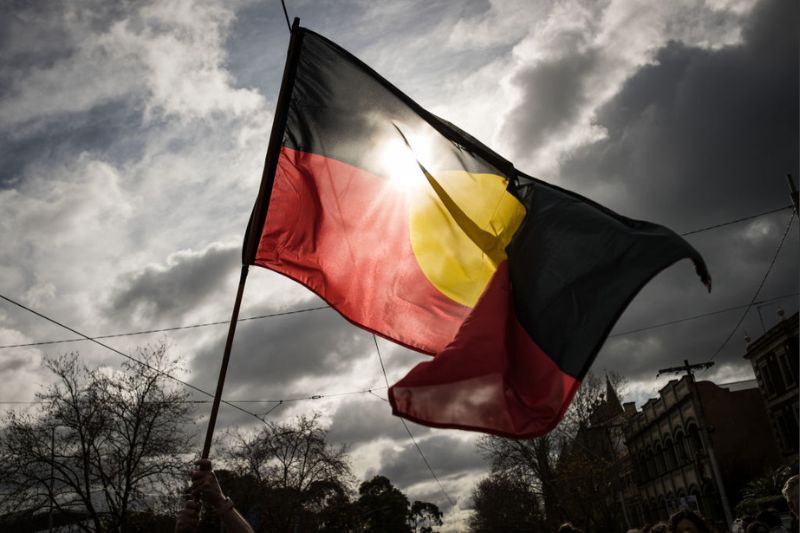
AUSTRALIA
- Barry Gittins
- 28 September 2023
3 Comments
The voices of Australia's First Nations communities are asking to be heard. With the upcoming referendum, the nation faces a decision both about equity and identity. How might genuine hope and understanding impact Australia's path forward and address longstanding disparities?
READ MORE
-
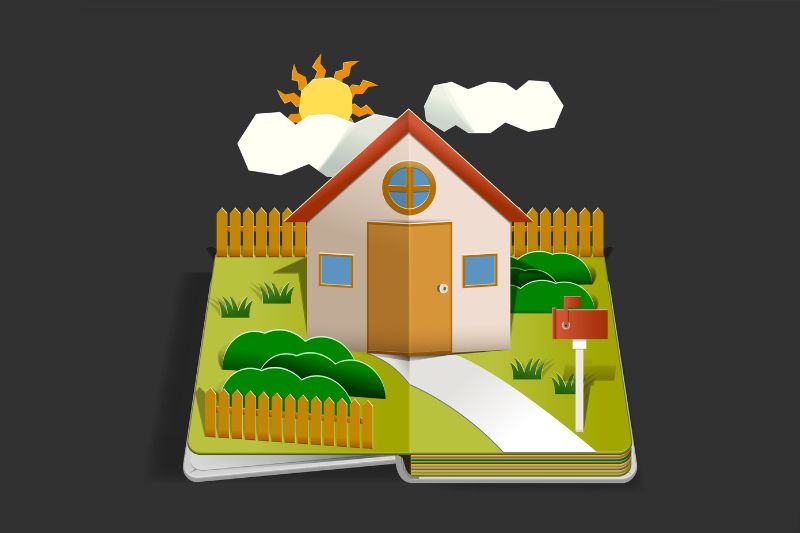
AUSTRALIA
- John Falzon
- 21 September 2023
3 Comments
In the face of Australia's pressing housing crisis, is the solution merely a question of funds, or does it demand a deeper overhaul? Many are calling for a transformed government role, one that abandons the shackles of neoliberalism, prioritises social infrastructure, and champions the collective good over select interests.
READ MORE
-

RELIGION
- John Warhurst
- 14 September 2023
46 Comments
As the Voice Referendum campaign intensifies, many Catholic groups rally behind the Voice. But Australia's church leaders remain above the fray, maintaining neutral positions. As the lines between faith, politics, and indigenous rights blur, should the bishops be more prescriptive on how to vote?
READ MORE
-
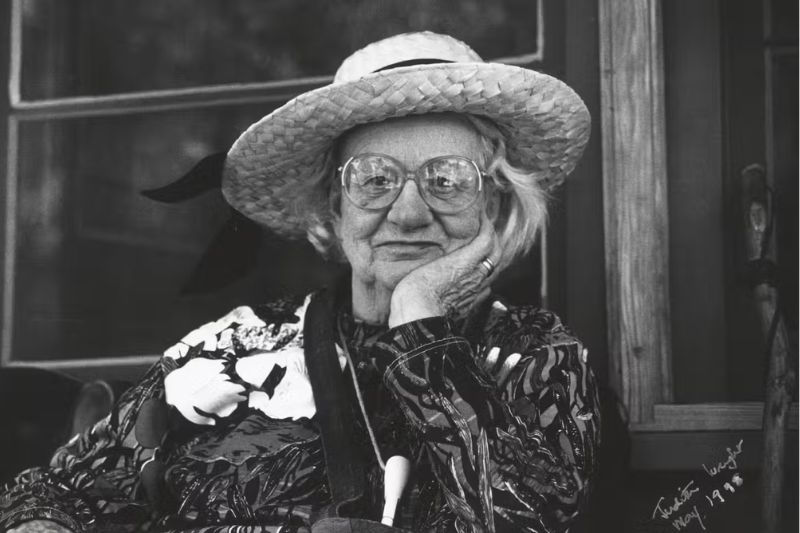
AUSTRALIA
- John Honner
- 24 August 2023
13 Comments
You might think that, if anyone could pull off the establishment of a treaty, a great poet and a great policy maker, working in harmony, would surely have the best chance. But this was not the case: when Judith Wright and H.C. Coombes advocated for a treaty throughout their lifetimes, they were unsuccessful.
READ MORE
-
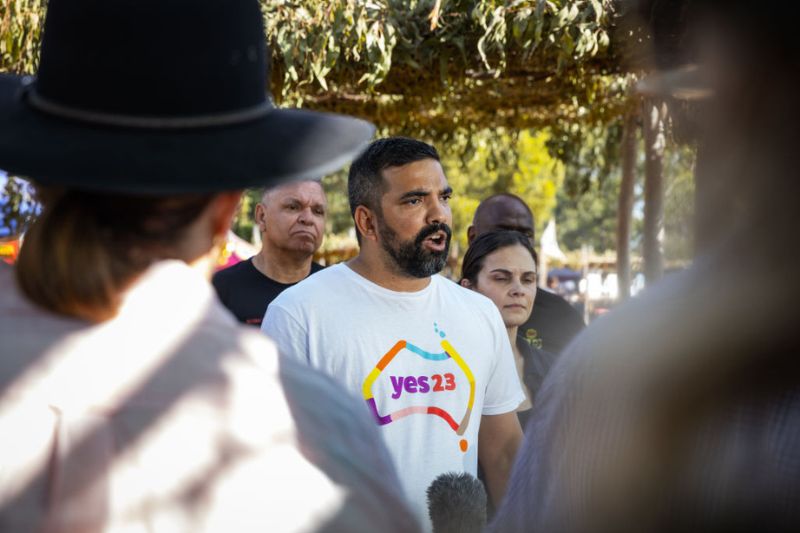
FAITH DOING JUSTICE
- Andrew Hamilton
- 21 August 2023
10 Comments
The Catholic Bishops Justice Statement, timed with an impending Referendum on the Voice to Parliament, scrutinizes the ties between Aboriginal and Torres Strait Islander peoples and other Australians. Crafted alongside the National Aboriginal and Torres Strait Islander Catholic Council, it underscores the urgency of deepened engagement through listening, learning, and love, advocating for Indigenous justice and healing.
READ MORE
-

EDUCATION
- Anthony Dillon
- 10 August 2023
1 Comment
We need to change the language from improving 'attendance' to improving 'engagement' — to reflect that schools need to be places of learning for Indigenous children, not just minding centres, and that learning comes with engagement. (From 2019)
READ MORE